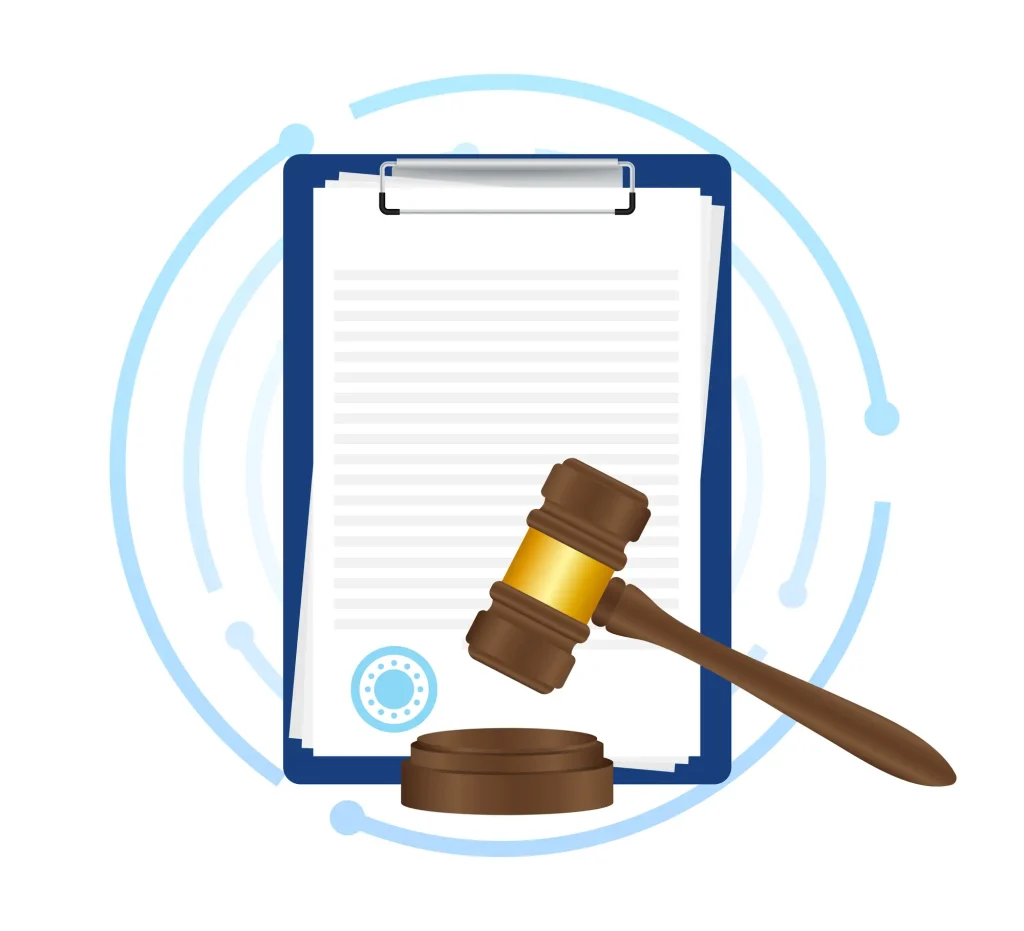 The U.S. Supreme Court is the final arbiter of whether actions by federal and state legislatures or the executive branch are constitutional. The U.S. Supreme Court’s term runs from October 1st through June 30th.
The U.S. Supreme Court is the final arbiter of whether actions by federal and state legislatures or the executive branch are constitutional. The U.S. Supreme Court’s term runs from October 1st through June 30th.
The 2022-2023 term produced a number of important decisions related to business.
Here’s a roundup of some that may be relevant to small businesses…and what they can mean to you.
U.S. Supreme Court decisions related to business:
Reasonable accommodations for religious beliefs
Title VII of the Civil Rights Act says it’s unlawful “to fail or refuse to hire or to discharge any individual, or otherwise to discriminate against any individual with respect to his compensation, terms, conditions, or privileges [of] employment, because of such individual’s . . . religion.” For years, the standard that employers had to follow in order to not violate the law was to show a de minimis cost, which was viewed an undue hardship in the business, so no accommodation was required.
In a new case, a postal worker said that ordering him to deliver Amazon packages on a Sunday, his sabbath, violated his religious rights. The U.S. Supreme Court ruled unanimously that this employee was right and should not have been forced to work on his sabbath. Title VII requires an employer that denies a religious accommodation to show that the burden of granting an accommodation would result in substantial increased costs in relation to the conduct of its particular business. Of course, there’s no definition of “substantial increased cost,” but it’s more than just de minimis.
What to do:
Be sure to consider carefully any employee’s request for a religious accommodation and try to make it work.
State can’t legislate against First Amendment Rights
A graphic designer in Colorado refused to create a wedding website for a same-sex couple and was sued for being discriminatory under a state law that prohibited businesses from denying services based on a customer’s sexual orientation. The U.S. Supreme Court ruled that a graphic artist with sincerely-held religious beliefs could refuse work from LGBTQ customers. As the Court said: “Tolerance, not coercion, is our Nation’s answer.”
What to do:
Business owners following their conscience should check law requirements and assess whether the new decision from the Court gives them any protection. When in doubt, check with an attorney.
Fair use of copyrighted and trademarked items is limited
Businesses can obtain protection for their intellectual property through copyrights, trademarks, and patents. Some use of this protected property is permitted under the fair use doctrine, which says it is permissible to use limited portions of a work including quotes, for such purposes as commentary, criticism, news reporting, and scholarly reports.
- The Andy Warhol Foundation for the Visual Arts used a 1981 photograph of the musician Prince without his consent. The photo was used by Warhol to create various prints and illustrations. When the foundation was sued, it raised a “fair-use” defense. The U. S. Supreme Court ruled that the fair-use doctrine was not a defense to effectively license a derivative version of the photo for commercial purposes.
- A company branded a line of humorous dog chew toys resembling familiar trademarks. The U.S. Supreme Court, in a unanimous opinion said that parody is not always exempt under the fair use doctrine and, in this case, the company went too far.
What to do:
If you think your intellectual property is being used without permission, consult an IP attorney. Recognize that it can be a costly battle to challenge misuse, but you probably don’t want to give up.
Final thought
Chief Justice John Marshall, who served from 1801 until his death in 1835, said: “It is emphatically the province and duty of the judicial department to say what the law is.”
Now, the Court has spoken on a number of matters. Let’s see what the next term brings.
You can find other posts highlighting small business legislation here.


